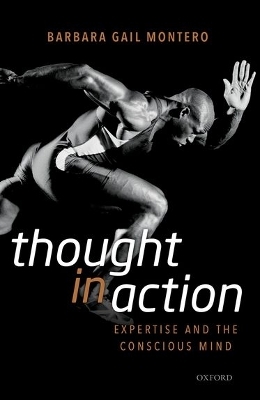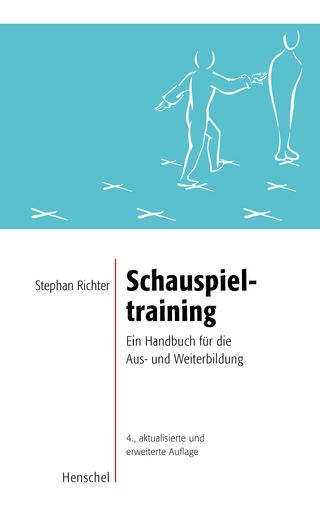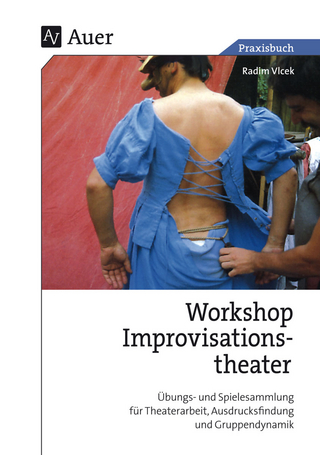
Thought in Action
Oxford University Press (Verlag)
978-0-19-959677-5 (ISBN)
How does thinking affect doing? There is a widely held view -- both in academia and in the popular press -- that thinking about what you are doing, as you are doing it, hinders performance. Once you have acquired the ability to putt a golf ball, play an arpeggio on the piano, or parallel-park, it is believed that reflecting on your actions leads to inaccuracies, blunders, and sometimes even utter paralysis. Experts, accordingly, don't need to try to do it; they just do it. But is this true? After exploring some of the contemporary and historical manifestations of the idea that highly accomplished skills are automatic and effortless, Barbara Gail Montero develops a theory of expertise that emphasizes the role of the conscious mind in expert action. Along the way, she dispels various mythical accounts of experts who proceed without any understanding of what guides their action and analyzes research in both philosophy and psychology that is taken to show that conscious control impedes well practiced skills. She also explores real-life examples of optimal performance -- culled from sports, the performing arts, chess, nursing, medicine, the military and elsewhere -- and draws from psychology, neuroscience, and literature to create a picture of expertise according to which expert action generally is and ought to be thoughtful, effortful, and reflective.
Barbara Gail Montero (B.A. University of California at Berkeley, Ph.D. University of Chicago) is Associate Professor of Philosophy at the City University of New York. She has been awarded research fellowships from the National Endowment for the Humanities, the American Council of Learned Societies, and the Andrew W. Mellon Foundation. Her work focuses on one or the other of two different notions of body: body as the physical or material basis of everything, and body as the moving, breathing, flesh and blood instrument that we use when we run, walk, or dance. Before entering academia, she was a professional ballet dancer.
Introduction: What Can a Philosopher Tell you about Expertise? ; 1. 'Don't think, dear; just do' and Other Manifestations of the Just-do-it Principle ; 2. Just-Do-It versus Cognition-in-Action ; 3. What is an Expert? ; 4. Does Thinking Interfere with Doing? ; 5. Thinking Fast ; 6. Continuous Improvement ; 7. You Can't Try Too Hard ; 8. Effortlessness with Effort ; 9. The Pleasure of Movement and the Awareness of the Self ; 10. The Aesthetic Experience of Expert Movement ; 11. Intuition, Rationality, and Chess Expertise ; 12. Sex, Drugs, Rock and Roll, and the Meaning of Life ; Bibliography
| Erscheinungsdatum | 26.05.2016 |
|---|---|
| Verlagsort | Oxford |
| Sprache | englisch |
| Maße | 165 x 240 mm |
| Gewicht | 580 g |
| Themenwelt | Kunst / Musik / Theater ► Theater / Ballett |
| Sachbuch/Ratgeber ► Sport | |
| Geisteswissenschaften ► Philosophie | |
| Geisteswissenschaften ► Psychologie | |
| ISBN-10 | 0-19-959677-8 / 0199596778 |
| ISBN-13 | 978-0-19-959677-5 / 9780199596775 |
| Zustand | Neuware |
| Haben Sie eine Frage zum Produkt? |
aus dem Bereich


